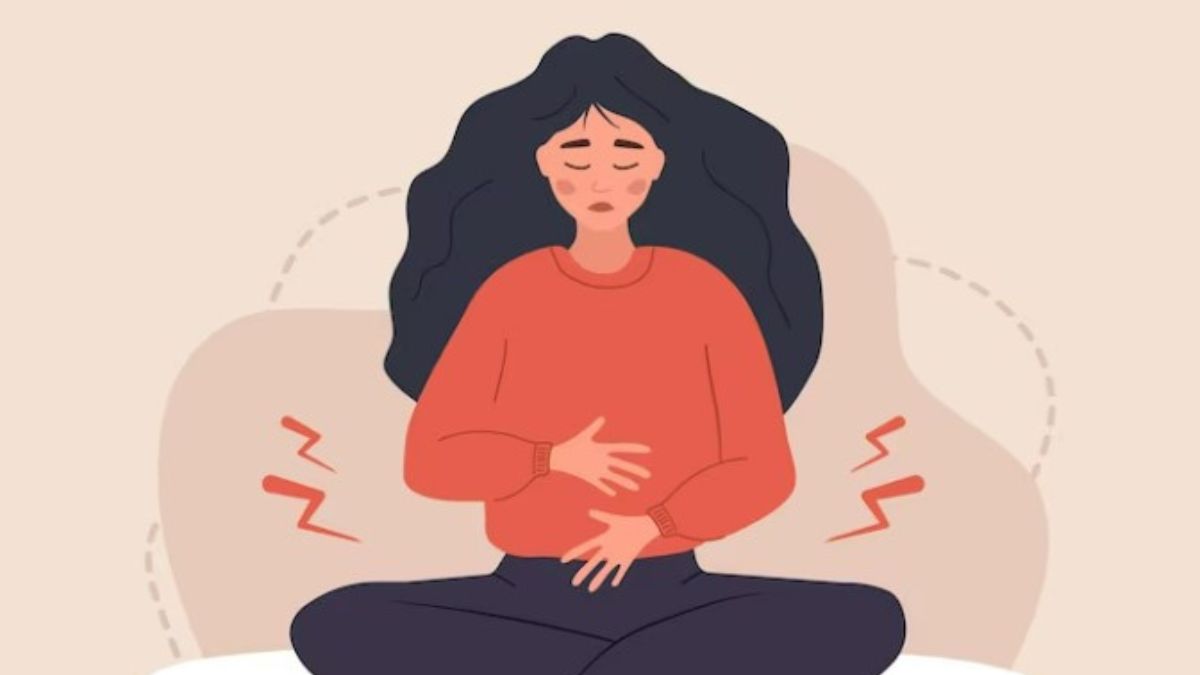Do you have nausea, dizziness, or headaches around the time of your period that resemble flu-like symptoms? If so, you are not alone. Many people who have periods feel something similar, which is sometimes referred to as “period flu”. But, it is not the flu (influenza), and you cannot spread it to others.
These flu-like symptoms are related to or overlap with a collection of symptoms known as dysmenorrhea (painful periods) or premenstrual syndrome (PMS), which is diagnosed by a doctor . Your hormone levels will rebalance after menstruation, and your temperature will return to normal. Period flu symptoms normally appear after ovulating, which occurs in the latter two weeks of your ordinary 28-day menstrual cycle.
Symptoms of Period Flu
Because period flu is not an accepted medical diagnosis, there is no list of symptoms. PMS symptoms differ from person to person. Each month, you may have sensations of lethargy and pain immediately before or around the commencement of your period. Others may experience these symptoms following ovulation. Depending on your menstrual cycle, this normally occurs 10-16 days before your period begins.
The discomfort might be slight to severe, but it normally subsides within 1-3 days. Additional signs and symptoms may include:
1. Nausea
2. Diarrhea or constipation
3. Dizziness
4. Vomiting
5. Fatigue
6. Headache
7. Cramps
8. Bloating
9. Backache
10. Abdominal pain or pressure
What is the cause of period flu?
Changes in the amounts of specific substances in your body during or before your period, according to experts, are linked to premenstrual symptoms.
Fever usually indicates that your body is fighting a viral, bacterial, or fungal infection. To destroy the virus or bacterium, your immune system activates antibodies and other substances such as prostaglandin. Prostaglandins are molecules that, like hormones, operate as chemical messengers in the body.
When prostaglandins are released your body temperature rises.
At the onset of your menstrual cycle, prostaglandin is produced in the lining of your uterus. These molecules attach to receptors in the hypothalamus, which is responsible for regulating your body temperature. This is what causes the slight increase in body temperature, also known as a low-grade fever.
What can I do to deal with the symptoms of the period flu?
1. Take pain relievers.
2. Take antidiarrheal medications.
3. Try heat therapy.
4. Get a massage.
When should I see a doctor?
If you often feel like you have the flu around the time of your period and it's affecting your quality of life, talk to your OB/GYN, a doctor who specialises in women's health.

